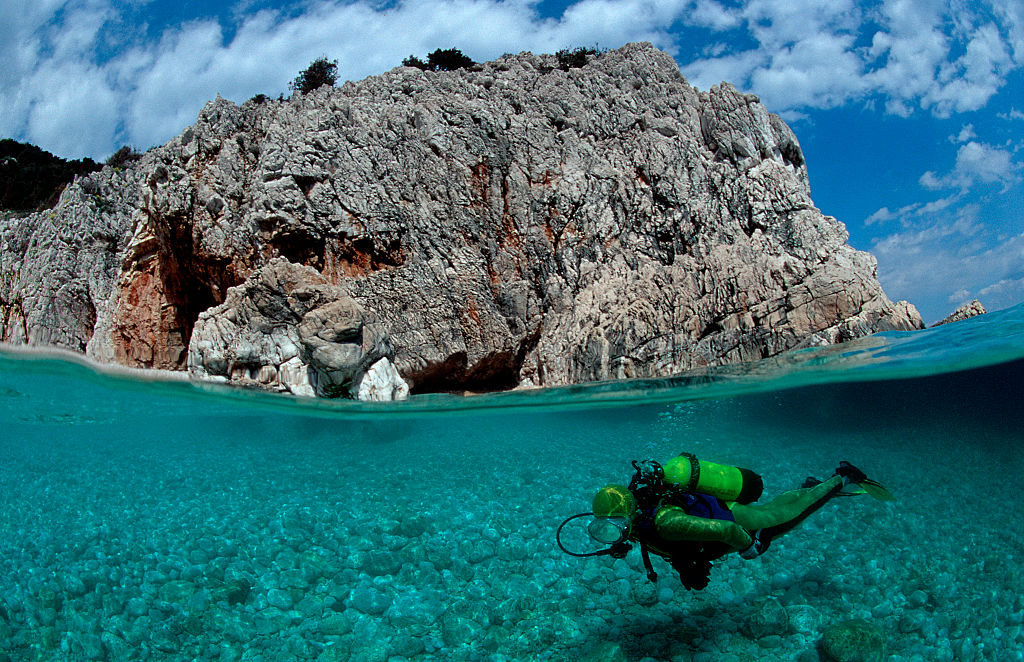Tens of Thousands of Ancient Coins Found off the Shores of Sardinia

On November 4, in the waters off the city of Arzachena on the island of Sardinia, a private diver made a groundbreaking archaeological discovery, as reported by ABC. A staggering find of between 30,000 to 50,000 large copper Roman coins, known as "folles," which were introduced into circulation around 294 AD during the monetary reform of Diocletian, were uncovered during an underwater exploration.
The diver's attention was drawn to certain metallic objects scattered among the seaweed on the seabed, which upon closer inspection, turned out to be ancient coins. The diver promptly notified local authorities of the discovery. The following day, squads of divers from the Department of Archaeology, Fine Arts, and Landscape, along with the Carabinieri of the Sardinian Cultural Heritage Protection Unit, were dispatched to the presumed shipwreck site for initial reconnaissance. Through collaborative efforts, archaeologists managed to retrieve tens of thousands of copper coins from the seabed, dating back to the first half of the 4th century. The precise number of coins is yet to be determined, as sorting and further exploration at the discovery site continue. In addition to the well-preserved Roman coins, walls of ancient amphorae, believed to be of African and Arab origin, were also discovered.
"The treasure found in the waters off Arzachena represents one of the most important coin discoveries in recent years," stated Luigi La Rocca, an official from the Sardinian Department of Archaeology.
The ministry further stated that considering the location of the treasure and the seafloor's characteristics, the remnants of the ship, carrying these and other precious artifacts, might be found nearby.
According to Italian archaeologists, this discovery is yet another testament to the significance of archaeological research and a testament to the rich archaeological heritage that still lies beneath the sea.
The size of the treasure found in Sardinia is at least twice as large as the previous major archaeological discovery in 2013 known as the "Seaton Down Hoard." In that year, British amateur archaeologist Laurence Egerton, with the help of a metal detector, unearthed 22,888 Roman folles in the vicinity of the town of Seaton Down in East Devon.